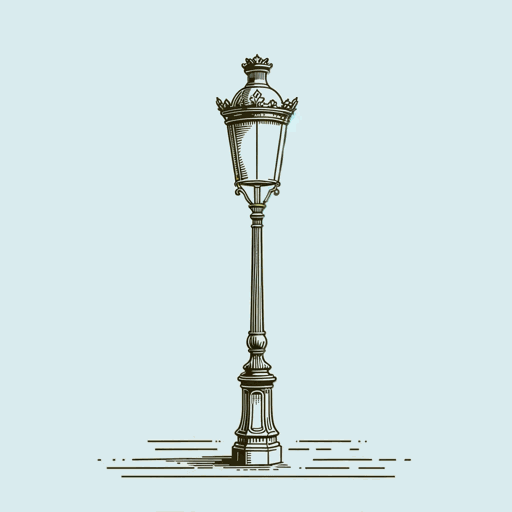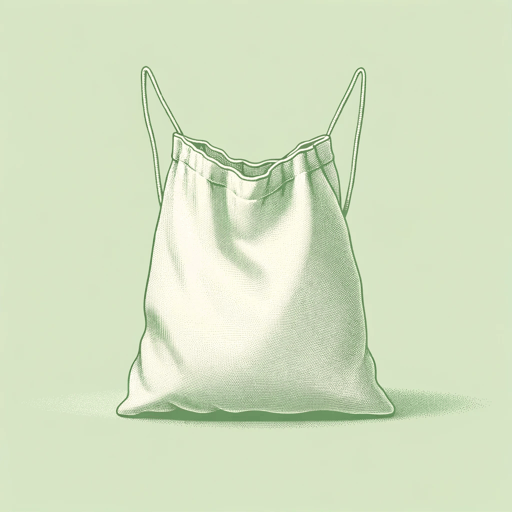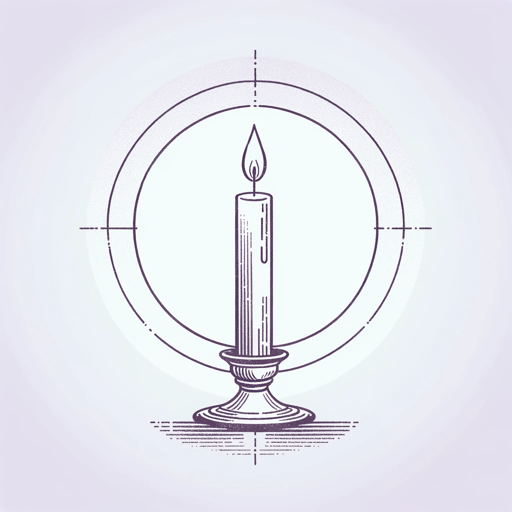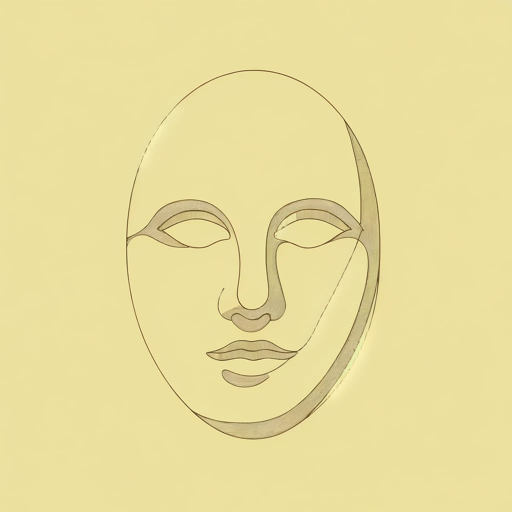59 pages • 1 hour read
Louise PennyA Rule Against Murder
Fiction | Novel | Adult | Published in 2008A modern alternative to SparkNotes and CliffsNotes, SuperSummary offers high-quality Study Guides with detailed chapter summaries and analysis of major themes, characters, and more.
Important Quotes
“And if that man’s eyes could see far enough he’d make out something horrible approaching, like the veins of summer lightning. Marching toward not merely the lodge, but the exact place he stood, on the gleaming metal roof. Something dreadful was going to happen on that very spot.”
(Prologue, Page 1)
From the moment the Prologue begins, Penny begins layering an ominous tone and foreshadowing. With the mention of the copper ridge, she plants an idea that will connect to the end of the book, bringing the history of the lodge full circle. In the Gamache series, Penny often dips into magical realism—in this case, through premonition—to connect elements of the narrative.
“He brought news from other villages on his route, like a travelling minstrel in medieval times, with news of plague or war or flood, someplace else. But never here in this lovely and peaceful village. It always amused him to imagine that Three Pines, nestled among the mountains and surrounded by the Canadian forest, was disconnected from the outside world. It certainly felt that way. It was a relief.”
(Chapter 1, Page 5)
When the mailman comes to Three Pines, he always takes his time. His reaction to Three Pines is typical, for those who are familiar with the series—everyone who visits finds comfort and belonging there. Penny uses a minor character whose function is to connect disparate places to include her iconic village in the story, even though the bulk of the novel does not take place there.
“He’d come to the Manoir Bellechasse to turn that off, to relax and not look for the stain on the carpet, the knife in the bush, or the back. To stop noticing the malevolent inflections that rode into polite conversation on the backs of reasonable words. And the feelings flattened and folded and turned into something else, like emotional origami. Made to look pretty, but disguising something not at all attractive.”
(Chapter 2, Page 22)
When Gamache is suspicious of Elliot, Penny inserts tropes of the genre—the “stain,” “knife,” and “malevolent inflections”—to underscore the humor of Gamache laughing at himself in recognition of his own trope-upholding behavior. Those familiar with the Gamache series will understand what he is getting away from, but even if not, these tropes familiarize the reader with the detective work that Gamache usually undertakes.
Related Titles
By Louise Penny

A Fatal Grace
Louise Penny

A Great Reckoning
Louise Penny

All the Devils are Here
Louise Penny

A World of Curiosities
Louise Penny

Bury Your Dead
Louise Penny

How the Light Gets In
Louise Penny

State of Terror
Hillary Rodham Clinton, Louise Penny

Still Life
Louise Penny

The Beautiful Mystery
Louise Penny

The Brutal Telling
Louise Penny

The Cruelest Month
Louise Penny

The Long Way Home
Louise Penny

The Nature of the Beast
Louise Penny

